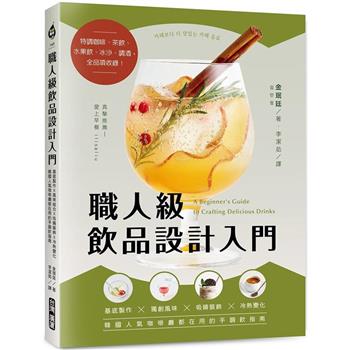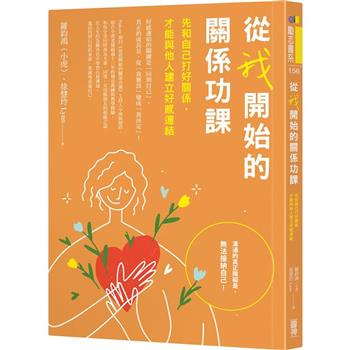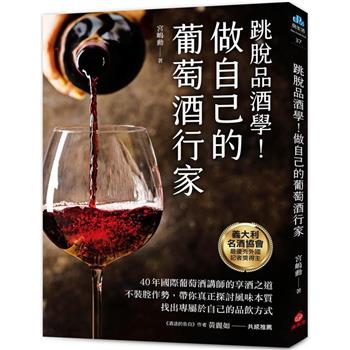Inadequate pre- and postharvest treatments of agricultural produce are one of the central problems developing countries are facing resulting in low yield and poor quality African indegenous leafy vegetables (AIVs). AIVs are rich in nutritional and health promoting plant compounds such as vitamins, minerals, proteins, dietary fibre and antioxidant compounds. However, due to high perishability and low storage capacity in fresh form, AIVs suffer significant loss in quantity and quality. Aim of the present study was to assess the situation of postharvest losses during AIVs supply chain (from smallholder farmer to consumer), determine the amount of postharvest loss (quantitave and nutritional) along the supply chain in Kenya. Thereafter, a series of studies were conducted on pre-harvest (electric current) and postharvest (UV-C irradiation) treatments to determine their effects on primary compounds (chlorophylls, mineral elements, proteins and dietary fibre) and secondary metabolites (carotenoids, flavonoids, phenolic acids, phenolic compounds, glutathione peroxidase (GPOX), and vitamin E) and microbial status as well as antioxidant capacity, in order to strengthen a product quality and safety oriented food supply chain. The study focussed mainly on two commonly consumed AIVs i.e. Vegetable amaranth (Amaranthus cruentus L. cv. Madiira) and African nightshade (Solanum scabrum Mill. cv. Olevolosi).
| FindBook |
有 1 項符合
Pre- and postharvest treatments for the quality assurance of African indigenous leafy vegetables的圖書 |
 |
Pre- and postharvest treatments for the quality assurance of African indigenous leafy vegetables 作者:Gogo 出版社:Cuvillier 出版日期:2017-11-01 語言:英文 規格:平裝 / 160頁 / 21.01 x 14.81 x 0.86 cm / 普通級/ 初版 |
| 圖書館借閱 |
| 國家圖書館 | 全國圖書書目資訊網 | 國立公共資訊圖書館 | 電子書服務平台 | MetaCat 跨館整合查詢 |
| 臺北市立圖書館 | 新北市立圖書館 | 基隆市公共圖書館 | 桃園市立圖書館 | 新竹縣公共圖書館 |
| 苗栗縣立圖書館 | 臺中市立圖書館 | 彰化縣公共圖書館 | 南投縣文化局 | 雲林縣公共圖書館 |
| 嘉義縣圖書館 | 臺南市立圖書館 | 高雄市立圖書館 | 屏東縣公共圖書館 | 宜蘭縣公共圖書館 |
| 花蓮縣文化局 | 臺東縣文化處 |
|
|
圖書介紹 - 資料來源:博客來 評分:
圖書名稱:Pre- and postharvest treatments for the quality assurance of African indigenous leafy vegetables
|











